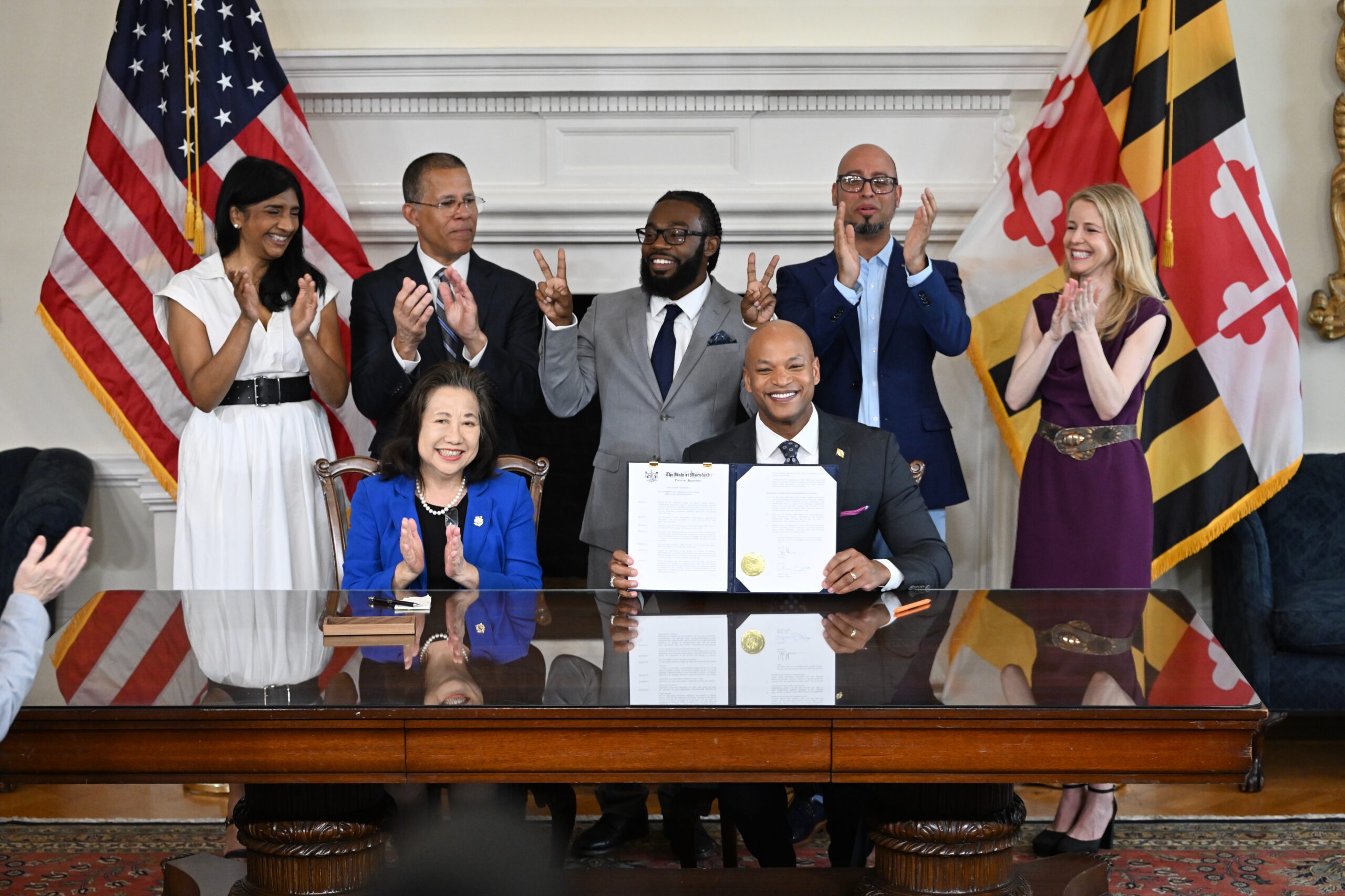
By Laura Chafey, Esq. and Cody Pfeiffer
In June, Governor Wes Moore pardoned 175,000 Marylanders who had been convicted of cannabis possession. This historic decision brought to the public’s attention how important it is to have a clean record when looking for housing and job opportunities.
It also led to questions about what a pardon is and which convictions were included in the pardon. Read on to learn more about pardons, criminal record expungement, and how Governor Moore’s order might affect you.
What is a pardon?
A pardon is when a government leader, like a governor, forgives a crime. This means that people won’t face more penalties for those convictions. The purpose of Governor Moore’s pardon is to help people who have struggled to find housing, jobs, or education because of their cannabis convictions.
Which convictions are covered by the Governor’s pardon?
The pardon applies to certain cannabis possession convictions that happened before January 1, 2023. This includes misdemeanor cannabis possession and misdemeanor possession of cannabis-related items.
Only convictions that are available electronically were included. If your conviction is not in the electronic records, you can still apply for a pardon or ask to have it expunged from your record.
Does this pardon automatically clear my record?
No, the pardon does not automatically remove the convictions from your record. The convictions are still there, but the record will show that they have been pardoned. To completely remove these convictions, you need to request an expungement.
Expungement means the conviction will be erased from your criminal record. All cannabis convictions pardoned by the governor are eligible for expungement under Maryland law.
There are many benefits to expunging a conviction, even if it has been pardoned. For example, when applying for jobs, you may be asked if you have a conviction that was pardoned. If the conviction has been expunged, you don’t have to mention it.
Check out our page for more information about criminal record expungement or give us a call at 410-690-8128.
Resources
- Executive Clemency: Full Pardons of Certain Convictions for Cannabis Possession
- Governor Moore’s Cannabis Pardon Executive Order
- Maryland Criminal Procedure, Title 10. Criminal Records. §10-105; §10-109; §10-215
Laura Chafey, Esq. is the Legal Director at Shore Legal Access.
Cody Pfeiffer was previously the Community Outreach Coordinator and Life Planning Case Manager at Shore Legal Access. He is now attending law school.
Photo courtesy of the Executive Office of the Governor. This photo is licensed under a Creative Commons Attribution-NoDerivs 3.0 Unported License. No changes were made to the original image.